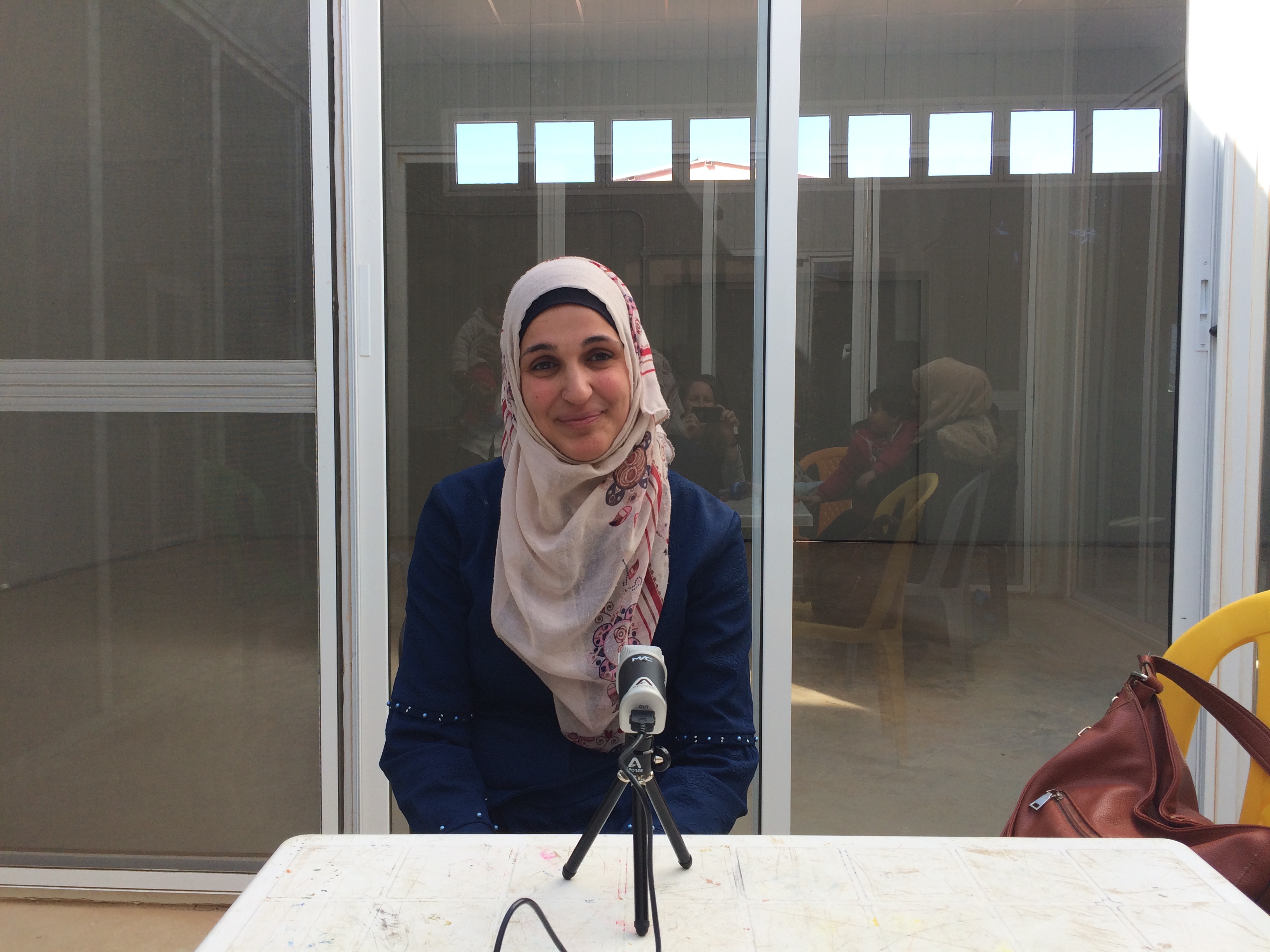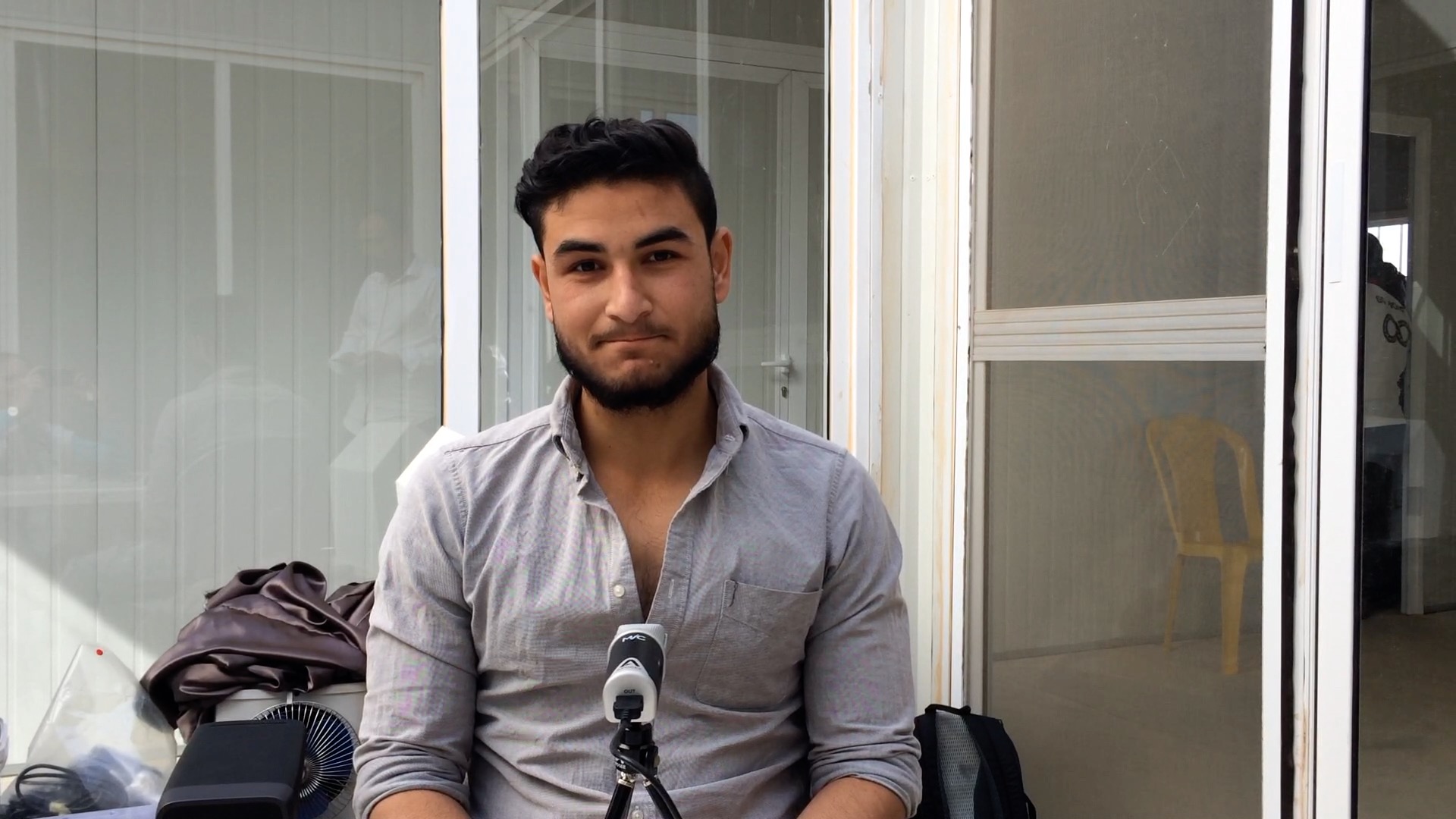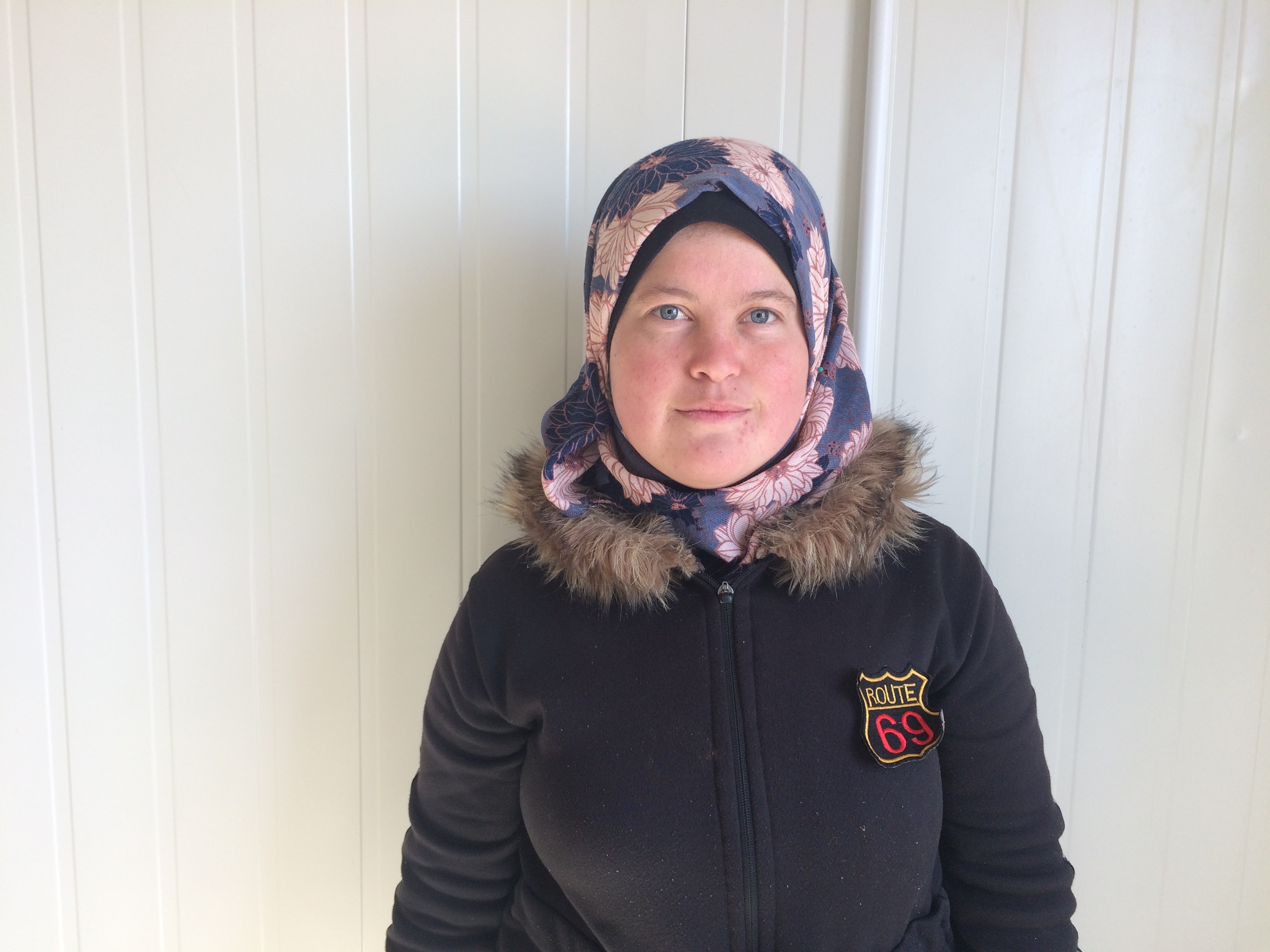We asked the refugees we work with, if they were given the stage – with the world as their audience – what would they want to tell the world?
We hope you find yourself as engaged as we are in this small snapshot of a people as diverse as you and me – may their stories give you inspiration, wisdom and perhaps even a shift in perspective.
InZone believes quality higher education transforms individuals and societies both locally and globally. Because our approach is learner-centered, we keep the voices of our learners at the center of this story of transformation.
Voices from the Field is a growing collection of these refugee voices telling this unfolding story.
Whether it's a film co-produced by refugees or an interview with a refugee, the intention is for these diverse stories to open up our understanding of what moves refugees to education and the many possible forms higher education can take in fragile contexts, and ultimately, how this transforms individuals and societies.
Reimagining Higher Education in Emergencies
A look at InZone's learning eco-system and the value of a collaborative, learner-centered pedagogy
In this video, we see how InZone reimagines education by creating a unique learning eco-system together with refugees. Higher education becomes more about enabling rather than delivering learning. This video includes two refugee Applied Arts practitioners reflecting on their own experience of creating a collaborative, hands-on learning environment rather than the old traditional top-down lecture model.
Discovering Global Health Together
UNIGE's students and African refugees connected through a MOOC.
In autumn 2017, InZone with the Institute of Global Health (UNIGE) decided to propose the MOOC “Global Health at the Human-Animal-Ecosystem Interface” to refugees in the Kakuma Camp (Kenya). The content of the course is highly relevant for these refugees as they are facing many of the health challenges addressed in the MOOC (rabies, snakebite, vector borne diseases, etc.).
«Studying with top universities and being connected to the outside world of academia makes you feel part of something bigger—not just a number in a refugee camp»
The InZone Higher Education Space is designed to unlock the innovation potential of its users. As we operate in an uncertain environment we implement our collaborative pedagogy with rigour, while at the same time promoting flexibility and tolerance, and adaptability; our learning design allows learners multiple pathways to reach their objectives. Our digital learner eco-system includes multiple support structures that allow learners to engage with professors, tutors and facilitators to ensure that their needs are met. At the same time, our pedagogy encourages peer collaboration, whether locally or globally when classes are linked across different refugee camps and universities. Such peer collaboration fosters independence and autonomy as learners increasingly find answers to their questions within their cohorts and develop the ability and motivation for life-long learning. Our research regarding optimal pedagogy for fragile contexts has shown that the social dimension of learning assumes even greater importance in fragility, that learners rely on the team to progress, and that they do develop autonomy the further advanced they are in their studies. Here is what Qusai has to say in the latest UNHCR-report.



